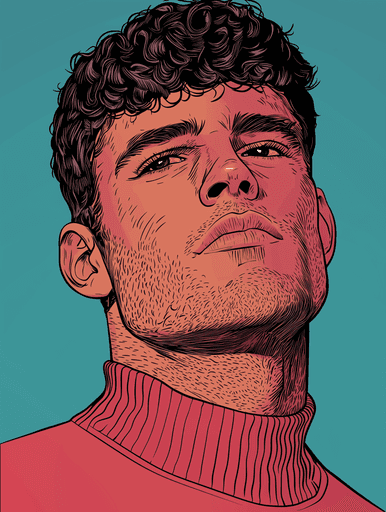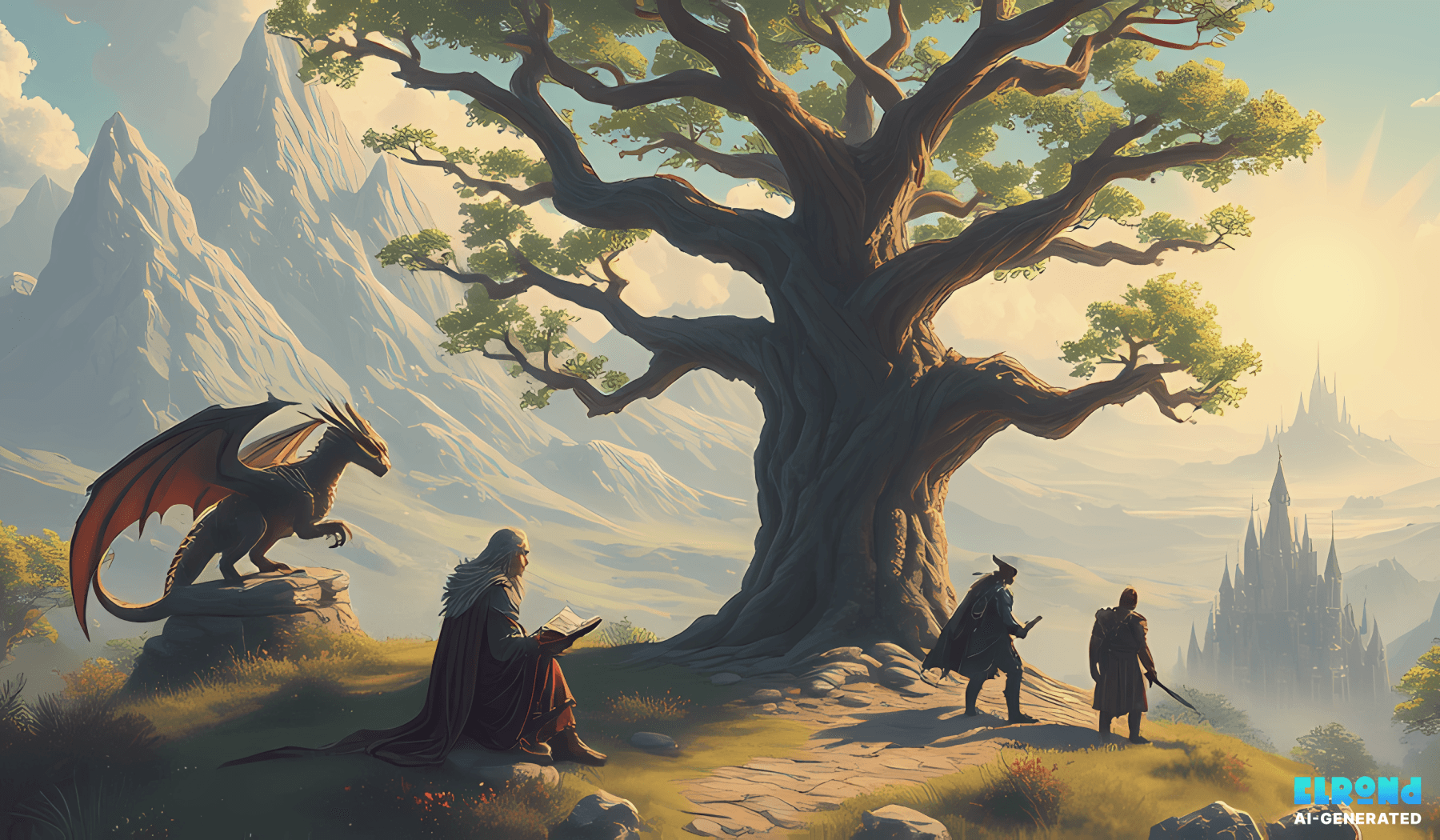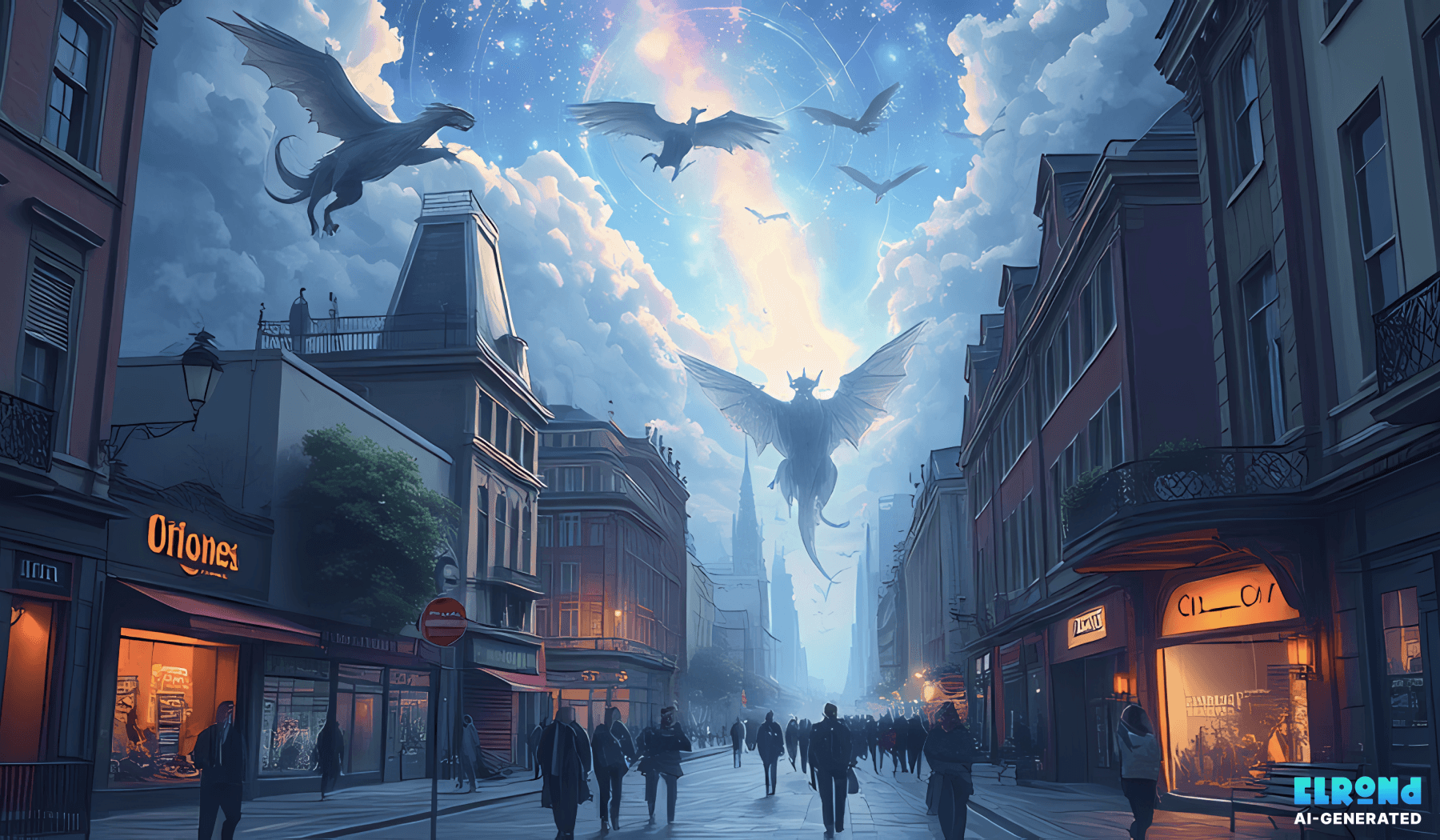Unpacking mythology’s influence in fantasy, from rich lore to thematic depth.
Mythology: The Foundation of Fantasy
Fantasy and mythology have always been intertwined, with mythology serving as the foundation upon which many fantastical worlds are built. From J.R.R. Tolkien's The Silmarillion, which draws heavily on Norse and Anglo-Saxon myths, to Rick Riordan’s modern reimaginings of Greek and Egyptian mythology, the impact is undeniable.
But mythology is more than just a convenient backstory for fantastical settings; it shapes the themes, conflicts, and characters that define the genre.
"Mythology is not a relic of the past—it’s a living, evolving force that breathes life into stories."
Myths as Tools for World-Building
At its simplest, mythology provides a framework for creating rich, believable worlds. Through legends, gods, and ancient prophecies, writers establish the cultural and historical depth of their settings.
Key Roles of Mythology in Fantasy World-Building:
Lore and History: Myths explain the origins of a world, its people, and its conflicts.
Moral Frameworks: Myths often set the ethical boundaries for characters, defining concepts of good, evil, and justice.
Source of Conflict: Mythic tales of gods and heroes inspire epic battles, rivalries, and quests.
Consider George R.R. Martin’s A Song of Ice and Fire, where the myth of the White Walkers and the ancient history of Westeros drive much of the story’s tension.
Mythology as a Reflection of Humanity
Fantasy authors use mythology not only to create worlds but also to explore timeless human themes. Myths often delve into:
Power and Corruption: Stories of fallen gods or hubristic mortals.
Love and Loss: Tales of sacrifice, like Orpheus and Eurydice.
Transformation: Themes of rebirth and renewal, such as the phoenix in Greek lore.
Through these stories, writers craft narratives that resonate with universal truths while immersing readers in fantastical settings.
Moving Beyond the Clichés
While mythology is essential, it can sometimes become formulaic, with overused tropes like “ancient prophecies” or “chosen ones.” Modern authors are challenging these clichés by:
Subverting expectations, such as depicting gods as flawed, human-like beings (American Gods by Neil Gaiman).
Drawing inspiration from lesser-known mythologies, like African, Polynesian, or Indigenous lore, to bring fresh perspectives to fantasy.
The Future of Mythology in Fantasy
As globalization brings new myths and legends to light, fantasy writers have a wealth of untapped inspiration. Additionally, cross-genre works that blend mythology with science fiction, like The Broken Earth trilogy by N.K. Jemisin, demonstrate the genre’s versatility.
Mythology in fantasy is far more than a simple backdrop; it is the lifeblood of stories that inspire, challenge, and captivate. By reinventing and expanding on these timeless tales, fantasy continues to evolve, offering readers new worlds to explore and truths to uncover.


